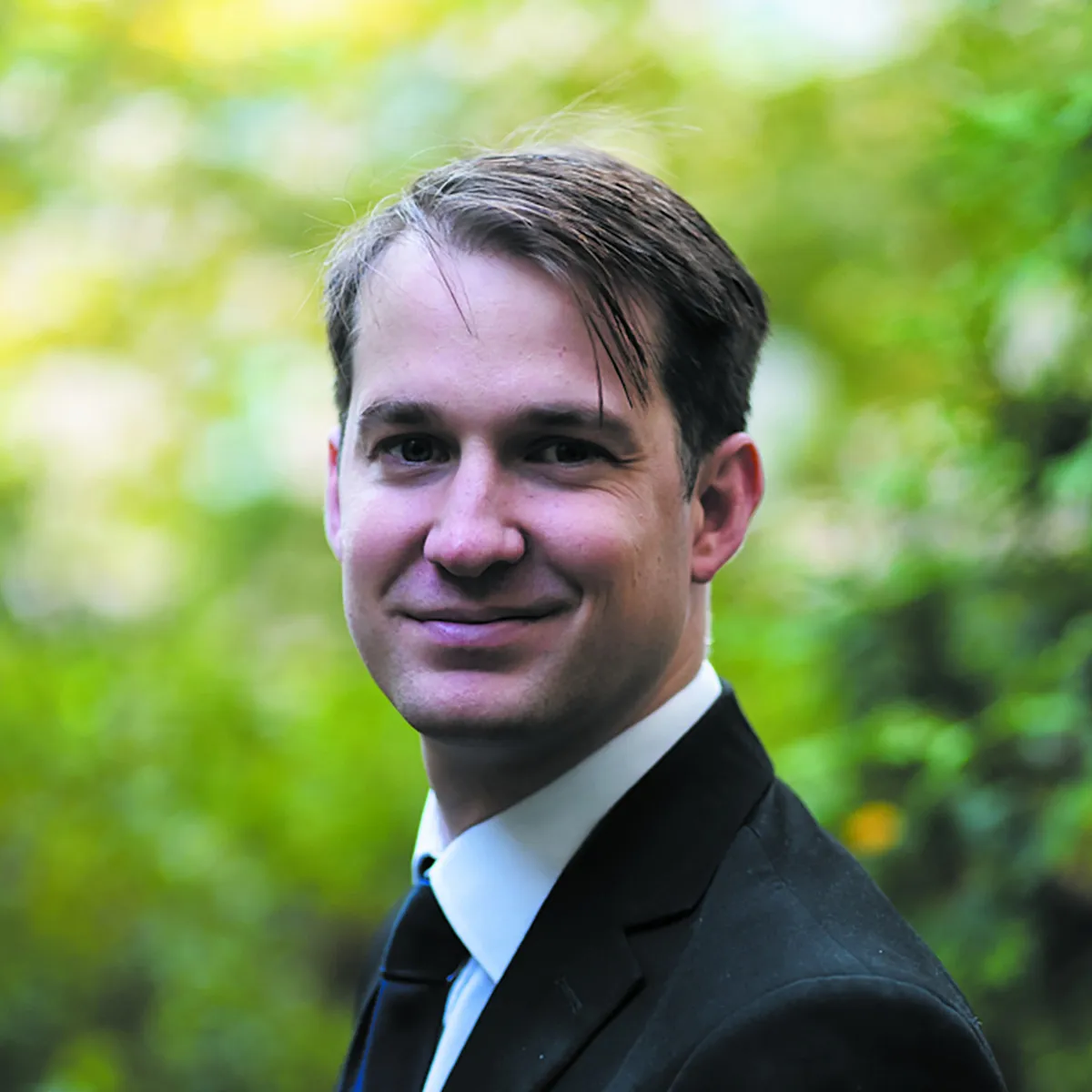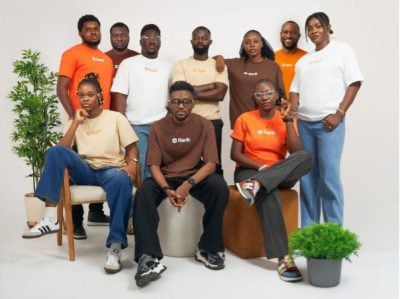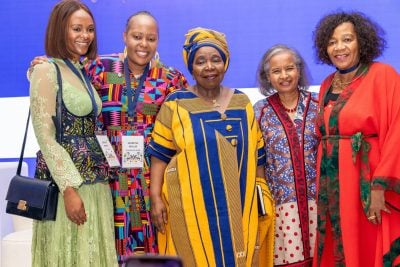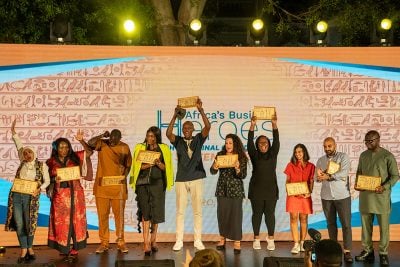There are renewed hopes of a diplomatic breakthrough between Ethiopia and Egypt in the long-running dispute over the future of a critical hydroelectric dam on the River Nile.
The countries have been at loggerheads for years over the Grand Ethiopia Renaissance Dam (GERD), which Ethiopia says is vital for its power generation needs but Egypt fears could limit its access to Nile waters and cripple its water security.
However, last week the Ethiopian prime minister, Abiy Ahmed, met Egypt’s President Abdel Fattah al-Sisi on the sidelines of a meeting to discuss the civil conflict in Sudan, which also has concerns over the dam, and the two leaders agreed to resume negotiations and to “make all necessary efforts to finish it within four months”.
Related articles
- Ethiopia completes third filling of GERD without agreement with Egypt and Sudan
- Ethiopia switches on controversial dam
In a joint statement, the governments agreed to “initiating urgent negotiations to finalise the agreement between Egypt, Ethiopia and Sudan to fill the Renaissance Dam and put the rules for its operation”.
The statement added that during the period of the negotiations, “Ethiopia made clear its commitment, during the filling of the dam during the hydrological year 2023-2024, not to cause significant harm to Egypt and Sudan in order to provide the water needs of both countries.”
It is yet to be confirmed where the negotiations will be held, and which countries, if any, will mediate the discussions. Previous US-brokered talks on the dam came to nothing in 2020.
Despite opposition from Egypt and Sudan, Ethiopia has continued to fill the dam during recent rainy seasons. But in a social media post following the announcement of the new talks, Abiy attempted to reassure Egypt that the dam will not affect its water security.
“Our development needs in both the upstream and downstream countries are increasing due to population growth,” said Abiy. “This calls for Egypt and Ethiopia to work together to achieve sustainable development and establish a genuine partnership that fulfils the aspirations of our people for sustainable development and a decent life.”
Many problems still to be resolved
Analysts said that the talks were a positive step forward but that sticky points will need to be ironed out.
Tirusew Asefa, a water resources expert and courtesy professor at the University of South Florida, tweeted that agreements on filling and rules of operation would be “ambitious to complete in four months”. Asefa said there are “significant differences” remaining ahead of any agreement.
“Among the sticky points are: Whether #GERD should be used as water sharing instrument via legally binding releases in perpetuity when there is no water sharing agreement between the countries, who is responsible for drought management, & more.”
He further explained: “In order to have a water sharing agreement, we need to know how much total water is there in the first place, what is fair for everyone, etc. That ain’t happening in 4-months. Forget the 1959 colonial agreement. Probably need ~10-years of assessment & monitoring.”
Former World Bank president David Malpass hailed the talks, which he said were critical for regional water security.
“Important progress on the Grand Ethiopian Renaissance Dam (GERD) on the Nile River. Effective use of water is vital, especially in this arid region,” he tweeted.
Want to continue reading? Subscribe today.
You've read all your free articles for this month! Subscribe now to enjoy full access to our content.
Digital Monthly
£8.00 / month
Receive full unlimited access to our articles, opinions, podcasts and more.
Digital Yearly
£70.00 / year
Our best value offer - save £26 and gain access to all of our digital content for an entire year!

 Sign in with Google
Sign in with Google 



